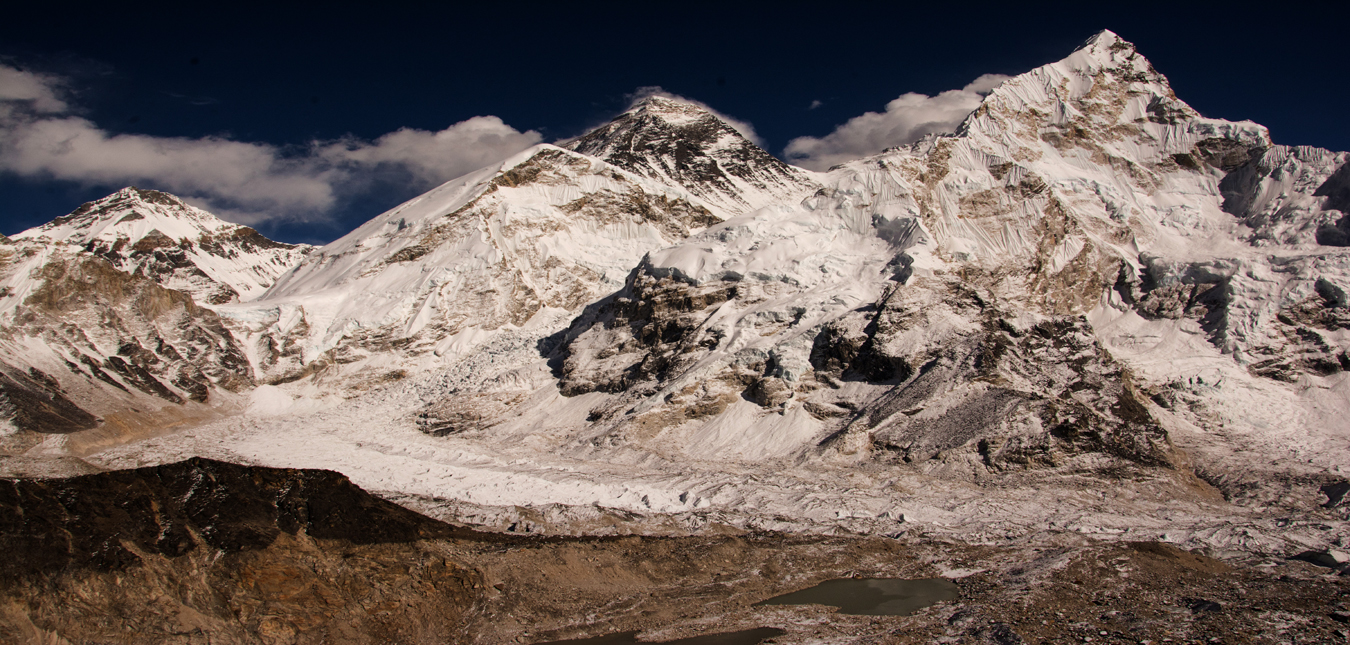As you mount towards the high altitude, the level of the oxygen gets thinner and thinner. It becomes quite difficult to fulfill the demand of oxygen which may result the breathing problems. Such state gradually weakens the body with some unusual symptoms. This condition is defined as Mountain Sickness.
As the trekkers’ body fails to acclimatize at altitudes above 3,500 feet, they inaccurately diagnose AMS with, tiredness, hangover, dehydration, flu, vomiting and so forth.
It is commonly noticed that, those trekkers who hike high altitude treks just as Everest Base Camp trek, Annapurna Circuit Trek, Annapurna Base Camp Trek are facing such problem. It may suffer anyone regardless their age, sex and fitness.
Symptoms of Acute Mountain Sickness (AMS)
There are not any specific symptoms of AMS. It can appear differently to different people. But there are some common symptoms of AMS. They are.
- Headache.
- Shortness of breath
- Nausea or vomiting
- Rapid pulse (heart rate)
- Dizziness
- Persistent rapid Pulse
- Drowsiness
- Loss of appetite
- Peripheral Edema (swelling of hands, feet and face)
Ways to prevent Acute Mountain Sickness (AMS)
We can avoid Acute Mountain Sickness (AMS) by following the given instructions.
-
Climb slowly
We need to acclimatize ourselves in the high altitudes. For that our body need about two to three days of slowly going higher in order to adjust to the changes. It is not good idea to flying or driving directly to high altitudes. It is better to go up higher each day, stop to rest, and continue the next day.
-
Avoid alcohol and Smoking
While climb up we should avoid Alcohol, and all sorts of smoking and medications like sleeping pills which can lead Acute Mountain Sickness’ symptoms worse.
-
Hydrate
Even you do not feel thirsty, drink plenty of water because the higher rate of water evaporates from the lungs at higher altitudes. For this you need to carry a bottle of water taking frequent sips. It is one of the best ways to be prevented from AMS.
-
Take it easy
You are requested to climb according to your speed. Compete with others, going too fast or engage in exercise can be harmful.
-
Climb high, Sleep low
It is better to climb high during the day time and be back at lower level to sleep because altitude sickness usually gets worse at night when you’re sleeping.
-
Medication
To be prevented yourselves by using the medicine such as Acetazolamide twice a day from two days before starting the ascent. But such medicines may show different side effects. So, you can consult to your doctor before using the medicine.







